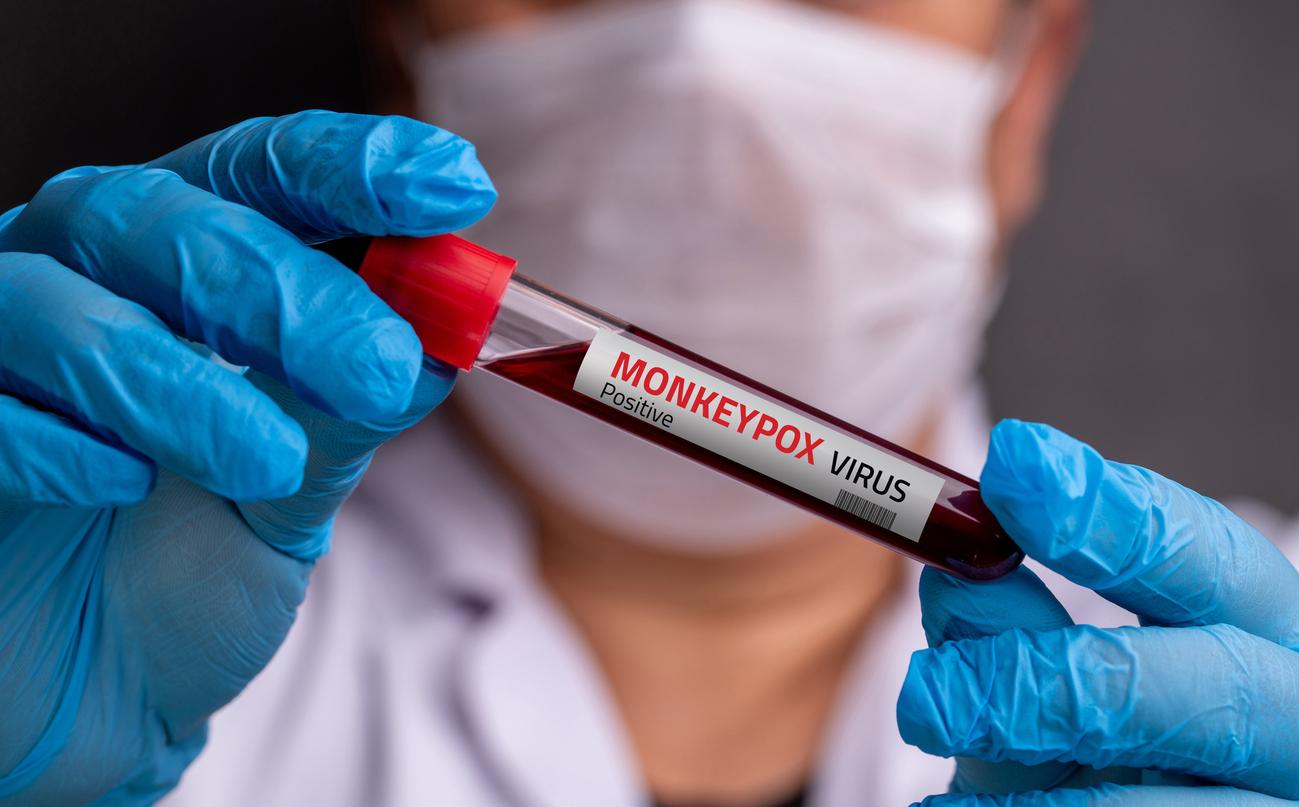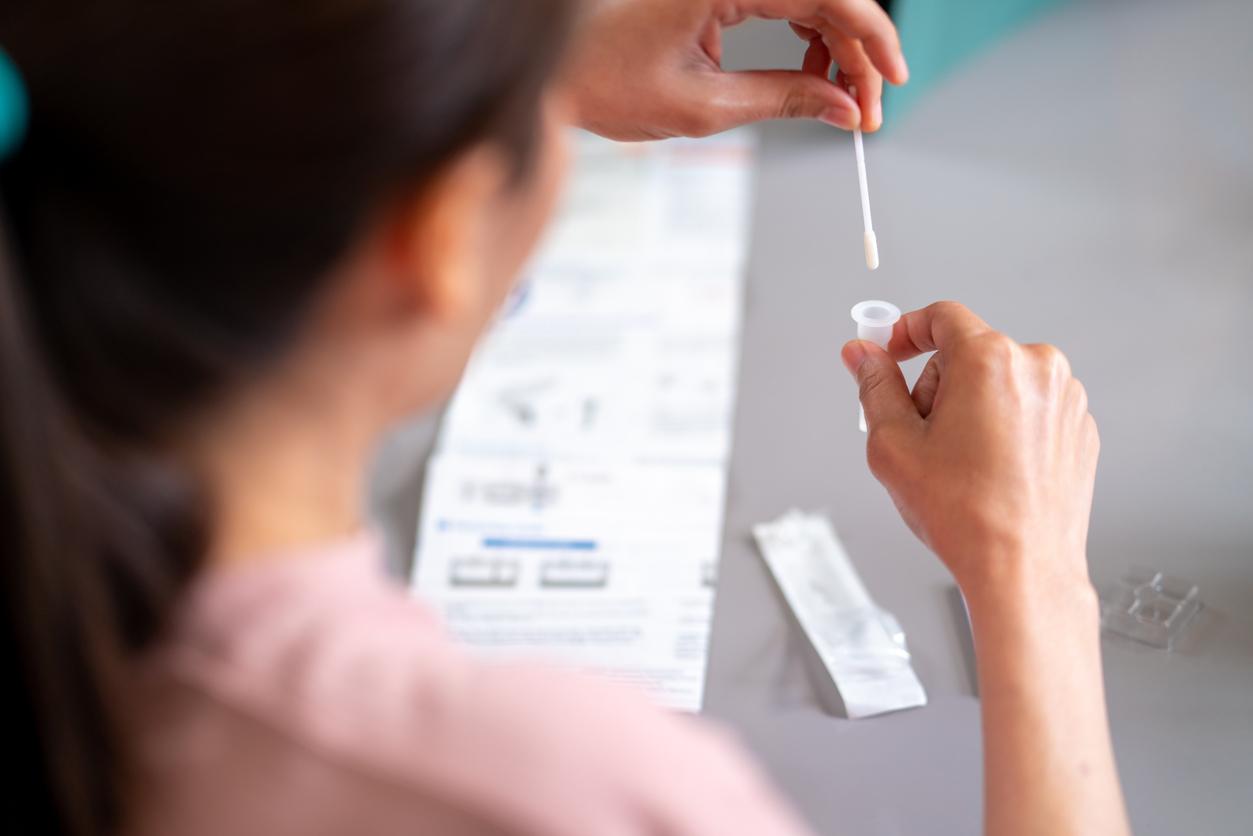Pauline Cafferkey, a 39-year-old British nurse, was declared “fully recovered” on January 24, 2015. However, she has been in “serious condition” since yesterday following the reactivation of the Ebola virus. She was admitted to London’s Royal Free Hospital due to an “unusual late complication related to her previous illness”, explained Paul Cosford, the medical director of Public Health England (PHE).
The news comes two days after the World Health Organization (WHO) announced that no new cases of Ebola had been recorded in a week since March 2014.
Experimental antiviral treatment and blood plasma
Pauline Cafferkey had tested positive for Ebola at the end of December 2014, after returning from Sierra Leone where she worked for the NGO Save the Children at the British medical center in Kerry Town.
Upon returning to England, the experimental drug ZMapp could not be given to her and she had agreed to receive an experimental antiviral treatment and blood plasma taken from a subject who had survived the virus. She was declared “fully recovered” on January 24, 2015.
As a precautionary measure, the Scottish health authorities will follow a few people who have been in close contact with the nurse, but the risk to the public remains “low”, according to Paul Cosford.
“It is important to remember that the Ebola virus can only be transmitted by direct contact with the blood or bodily fluids of an infected person while they are showing symptoms,” he said.
Ebola: vigilance is essential
Pauline is not the first person to see the virus reactivate. Ebola has already returned to another patient and, in his case, his eye turned from blue to green due to a persistent infection.
“The Ebola virus may occasionally persist for a few months in some tissues in survivors. The risk of transmission from these individuals appears to be very low but, with so many survivors in West Africa, there is a risk of new outbreaks breaking out,” said Professor John Edmunds, of the London School of Hygiene and Tropical Medicine (LSHTM) His advice to the authorities: remain vigilant.
Read also :
– Ebola: the first week without new cases
– Ebola: a study on the long-term effects of the virus


















